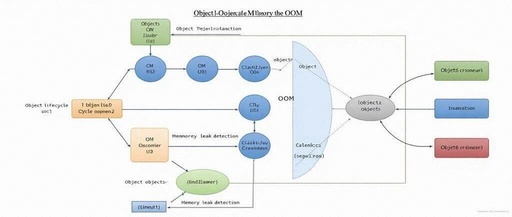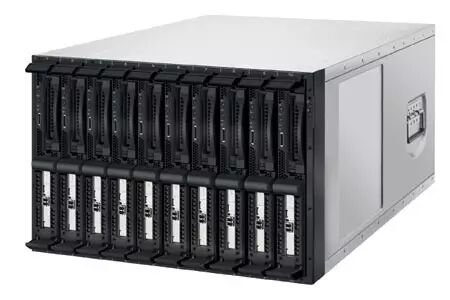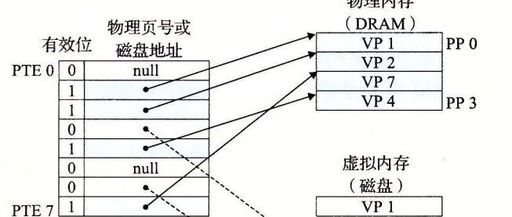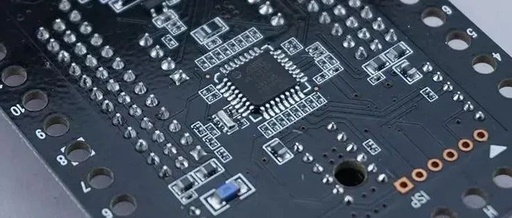Detailed Explanation of OOM (Object-Oriented Memory) Types in C++
What is OOM Type OOM (Object-Oriented Memory) types refer to those classifications in C++ that are closely related to object lifecycle and memory management. Understanding these types is crucial for writing safe and efficient C++ code. Main Classifications of OOM Types 1. Trivial Types Characteristics: Has a trivial default constructor Has a trivial copy/move constructor … Read more









